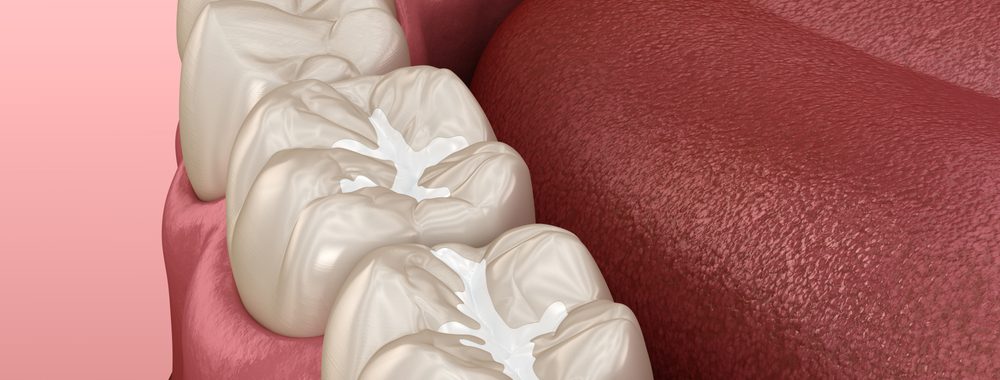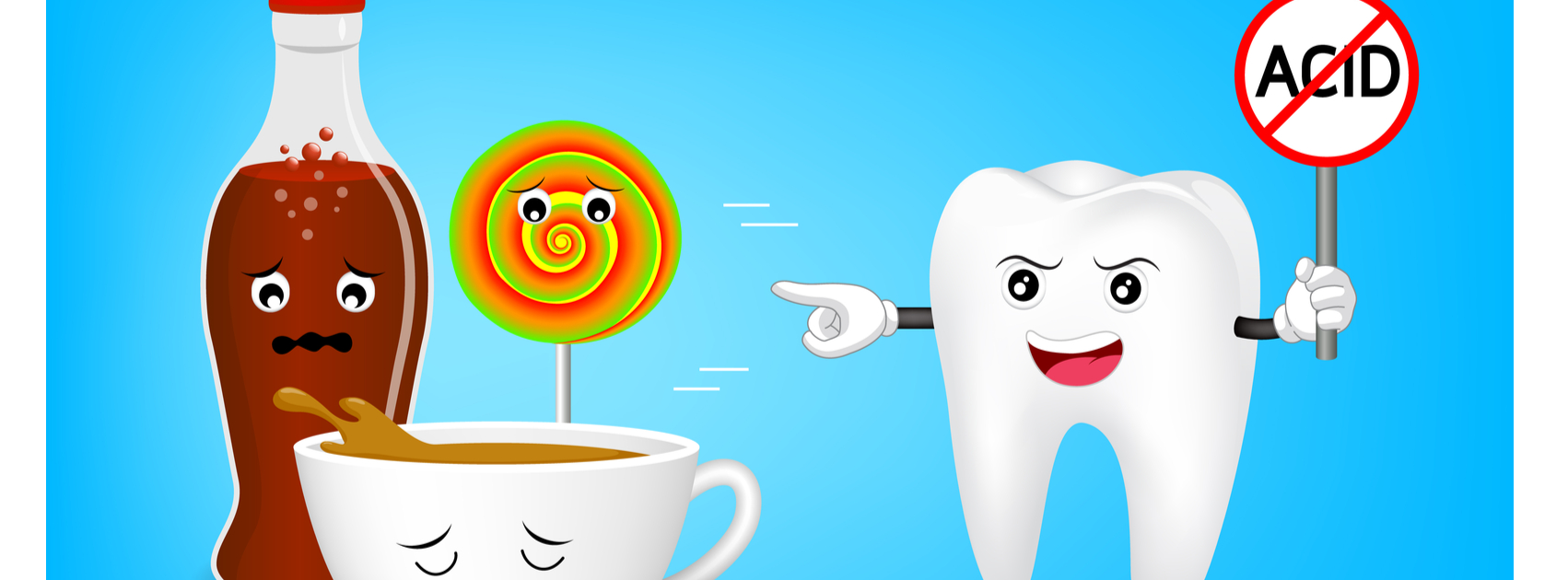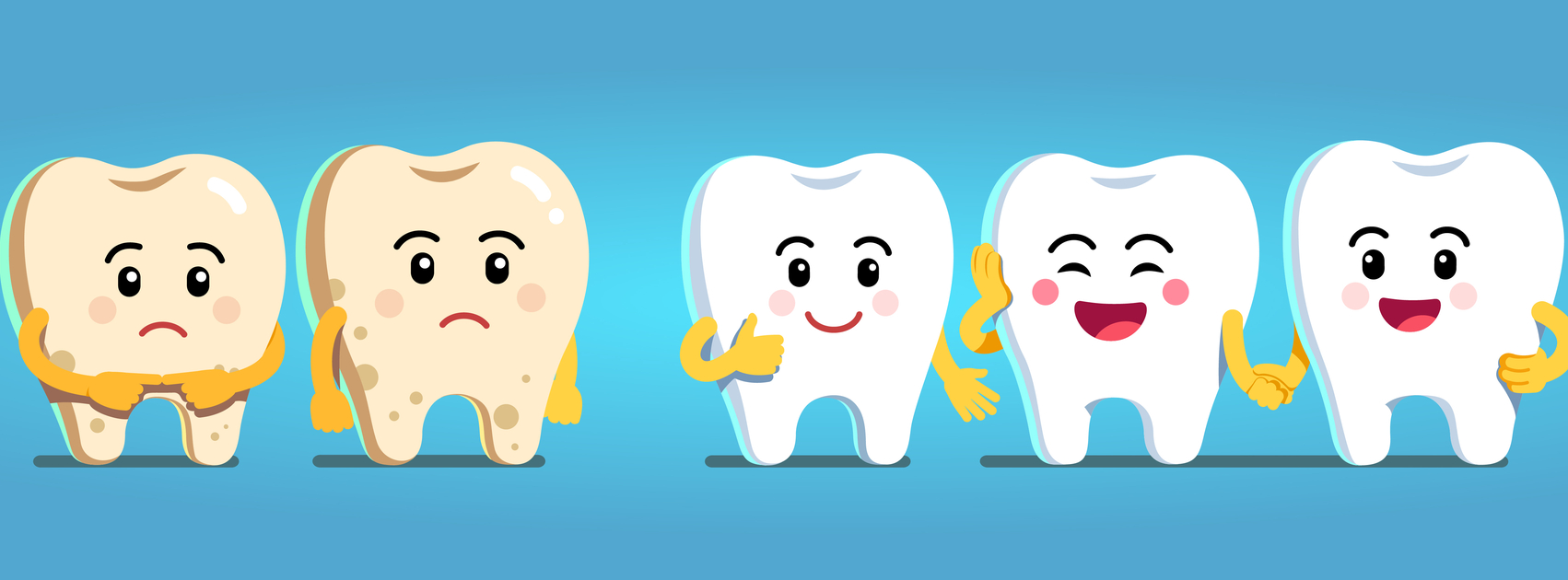There are Decay Issues with Back Molar Chewing Surfaces
Back molars teeth work well for chewing and grinding food. But this surface that is ideal for chewing is also prone to decay. These teeth often have grooves and pits where food particles and bacteria can easily get trapped. Even with regular brushing and flossing, it can be difficult to clean these areas thoroughly. Often the pits in the teeth that trap the food debris are finer than the bristles of the toothbrush. This makes the molars vulnerable to cavities, which can lead to more severe dental issues if left untreated.
How Dental Sealants Can Help
Dental sealants are an effective preventive measure that protects the chewing surfaces of the back molars from decay. The sealant is a thin, plastic coating that is applied only to the chewing surface of the teeth. It acts as a barrier, preventing food and bacteria from getting into the grooves and pits of the molars. Application of sealants is a fairly quick and painless procedure. The tooth is thoroughly cleaned, the chewing surface is slightly roughened, and then the sealant is applied, which bonds well to the roughened surface. The sealant quickly hardens, providing effective protection against decay.
Duration of Sealants
Sealants usually last for several years before they need to be reapplied. Typically, they can protect the teeth for up to 5 to 10 years. Primary age children will only need their baby teeth sealed once. And then they should have their permanent teeth resealed about every 5 years. The longevity of sealants will vary depending on an individual’s oral hygiene habits. Excessive wear and tear from hard chewing or teeth grinding will cause sealants to wear prematurely. Regular dental check-ups are important to ensure the sealants remain intact and effective. The dentist can reapply the sealant when necessary to maintain optimal protection.
Why Sealants Can’t Be Applied to All Teeth
Sealants are applied almost exclusively on the chewing surfaces of the back molars because these teeth have grooves and pits where decay is most likely to start. The roughness of the chewing surface allows the sealant to bind well to the tooth. Front teeth and the smoother surfaces of other teeth do not typically have these deep grooves, so they are less prone to this type of decay, and will not bond well with a sealant. Moreover, sealants are often recommended for children and teenagers whose back molars are still developing and are more susceptible to cavities. Adults can also benefit from sealants, but they are less commonly applied to teeth that already have fillings or decay.
Conclusion
Sealants are an effective preventive tool for reducing decay on the chewing surfaces of back molar teeth. They provide a protective barrier that helps keep food and bacteria out of the deep grooves and pits, significantly reducing the risk of cavities. While they are usually long-lasting, we still need regular dental check-ups to ensure they remain effective, as they may sometimes be worn away by teeth grinding or other bad habits. Talk to our Carlingford dentist about the specific role of sealants and their appropriate application. Patients can make informed decisions to maintain their oral health.
Information Disclaimer
The content of this article is meant for informational purposes only and should not be considered a source of professional advice, recommendations, or endorsements. It is not a substitute for seeking expert guidance or making well-informed decisions based on individual circumstances. Although we strive for accuracy and reliability, we cannot guarantee the information's completeness or suitability for all situations. Readers are urged to verify facts, consult experts, and consider their own context before taking actions or decisions based on this content. No warranties, explicit or implied, are provided regarding the accuracy, timeliness, or completeness of the presented information. Relying on this information is at the reader's own discretion and risk. We encourage readers to consult relevant professionals or experts for advice tailored to their specific needs. Neither the author, publisher, nor any affiliated parties will be held responsible for errors, omissions, or damages resulting from the use or reliance on the information in this article.
Epping Dentist Advice
Some well intentioned advice may have unfortunate side-effects. Sometimes something that boost our health in one way may compromise our health in other ways. Recently a few popular health habit have been show to be harmful to teeth.
Lemon Water
This is part of the detox trend; lemon water is supposed to get rid of impurities in the body and reduce body odor. But is is unfortunately hard on teeth, causing tooth decay or thinning tooth enamel. This often leads to sensitive teeth.
Alternative – Try Chlorophyll in water if you feel the need to detox.
Fruit Juice
Juices contain sugar. Varieties made at home in a blender are a little better that commercial varieties, but in both cases the sugar is bad for the teeth. Many juices have as much sugar as soft drink. Our bodies should be digesting fibre with the juice, which is the way it occurs in natural fruit. The juice on its own is a bit strong.
Drinking with a straw reduces the impact on the teeth.
Gargling water after drinking juice will help clean the mouth and greatly reduce the harm.
Bottled Water
Water is healthy, and essential. But bottled water can be so pure that it does not have trace elements, or any fluoride.
Tap water contains fluoride, which helps reduce tooth decay. Drinking bottled water causes us to miss out on this fluoride. Dentists have noticed the general increase in decay since the start of the bottled water fad.
Our bodies need some salt and trace minerals to function. If we drink too much pure water we wash these trace minerals out of our system.
Gargling tap water, or mouthwash, will give our teeth some much needed fluoride.
Sports Drinks.
These are full of sugar and bad for teeth. They are as bad as soft drink.
The health benefits of sports drinks are still debatable. Perhaps drinking them once a week when actually playing sports is acceptable. But no more than this.
Try gargling water after sports drinks, to reduce the damage on teeth.
Cough Lozenges
Only use these if you really do have a sore throat. But remember that they are full of sugar, so they will harm your teeth.
Rinse your mouth out with water as often as possible if eating lozenges. And drink green tea for both the sore throat and the teeth.
Brushing straight after Meals is a mistake.
This was recommended by previous generations. But is is actually harmful to brush too soon after eating. Our tooth enamel can be softened after eating or drinking, especially if we consumed acidic foods or soft drink. So if we brush our teeth while the enamel is still soft we will end up wearing away that enamel and cause damage. This will soon lead to teeth that are sensitive to temperature changes. Hot and cold things will cause pain in the teeth.
Wait 30 minutes after eating before brushing teeth.
Rinse with water after eating.
Chew sugar free gum (with Xylitol) after eating.
Epping Dental
A few lifestyle changes can improve our dental health. Keep regular dental appointments and enjoy better health.
Information Disclaimer
The content of this article is meant for informational purposes only and should not be considered a source of professional advice, recommendations, or endorsements. It is not a substitute for seeking expert guidance or making well-informed decisions based on individual circumstances. Although we strive for accuracy and reliability, we cannot guarantee the information's completeness or suitability for all situations. Readers are urged to verify facts, consult experts, and consider their own context before taking actions or decisions based on this content. No warranties, explicit or implied, are provided regarding the accuracy, timeliness, or completeness of the presented information. Relying on this information is at the reader's own discretion and risk. We encourage readers to consult relevant professionals or experts for advice tailored to their specific needs. Neither the author, publisher, nor any affiliated parties will be held responsible for errors, omissions, or damages resulting from the use or reliance on the information in this article.
Carlingford Dentist
The enamel of our teeth is the hardest substance of the human body, harder than bone. But unlike bone it will not regenerate if broken. So if we damage our teeth we need professional dental treatment, fillings or crowns to restore their appearance and function.
Even though tooth enamel is hard is is easily damaged by acidic conditions. If our saliva is acidic, or if we consume acidic foods or liquids, we risk damage to our tooth enamel. Acidic conditions might thin the surface enamel of the teeth, leaving us with a mouth sensitive to hot and cold conditions. Or it might cause decay to part of a tooth, leaving us with a possibly painful cavity that needs serious repair.
The biggest culprit in tooth damage is sugar in the diet. Bad bacteria in the mouth will turn sugar into acid which quickly damages tooth enamel. we need to remove both the sugar and the bad bacteria from the mouth to prevent this tooth damage.
Eating less sugar makes a significant difference to our teeth. When there is less sugar in the mouth the bad bacteria have nothing to feed on, so they cannot produce the corrosive acid. this greatly reduces decay. But even when the sugar is not in our mouth, when we have cleaned our teeth, there is still some risk of decay as the bacteria can feed on the sugar in our body. So reducing overall sugar consumption is necessary.
Obviously cleaning our teeth make a big difference. Brushing twice daily and using floss and mouthwash once daily goes a long way to reducing tooth decay. This is very basic, but it is required by everybody.
Some people are too diligent about brushing teeth. They brush straight after eating. This is actually harmful as the drinks and food often soften the tooth enamel, especially if they are acidic. when the enamel is softened it is vulnerable, and brushing too soon means we risk brushing away the enamel. We should wait 30 minutes after eating before we brush our teeth. In the meantime we should drink water and perhaps chew sugar free gum to clean our mouth.
There is a common misconception that diet drinks and foods are less damaging to teeth because they contain less sugar. But this is misleading. Diet sodas are often acidic, and this is bad for teeth. Diet soda and other acidic drinks, including fruit juice and lemon flavored water, will steadily damage teeth over time.
Carlingford Dental
If we look after our teeth we will have far fewer dental problems. Brushing, flossing and mouthwash every day makes all the difference to our dental health.
Information Disclaimer
The content of this article is meant for informational purposes only and should not be considered a source of professional advice, recommendations, or endorsements. It is not a substitute for seeking expert guidance or making well-informed decisions based on individual circumstances. Although we strive for accuracy and reliability, we cannot guarantee the information's completeness or suitability for all situations. Readers are urged to verify facts, consult experts, and consider their own context before taking actions or decisions based on this content. No warranties, explicit or implied, are provided regarding the accuracy, timeliness, or completeness of the presented information. Relying on this information is at the reader's own discretion and risk. We encourage readers to consult relevant professionals or experts for advice tailored to their specific needs. Neither the author, publisher, nor any affiliated parties will be held responsible for errors, omissions, or damages resulting from the use or reliance on the information in this article.



